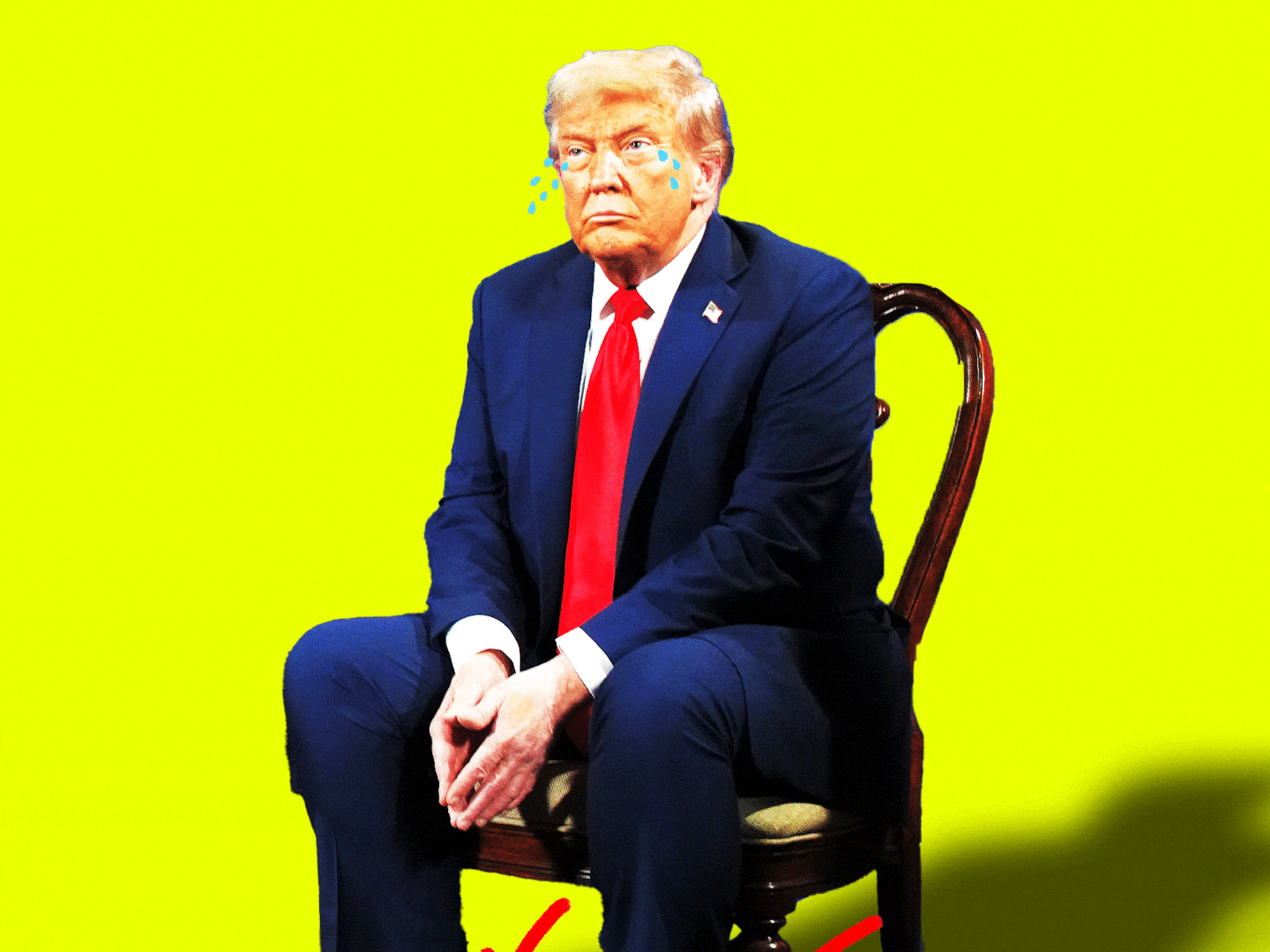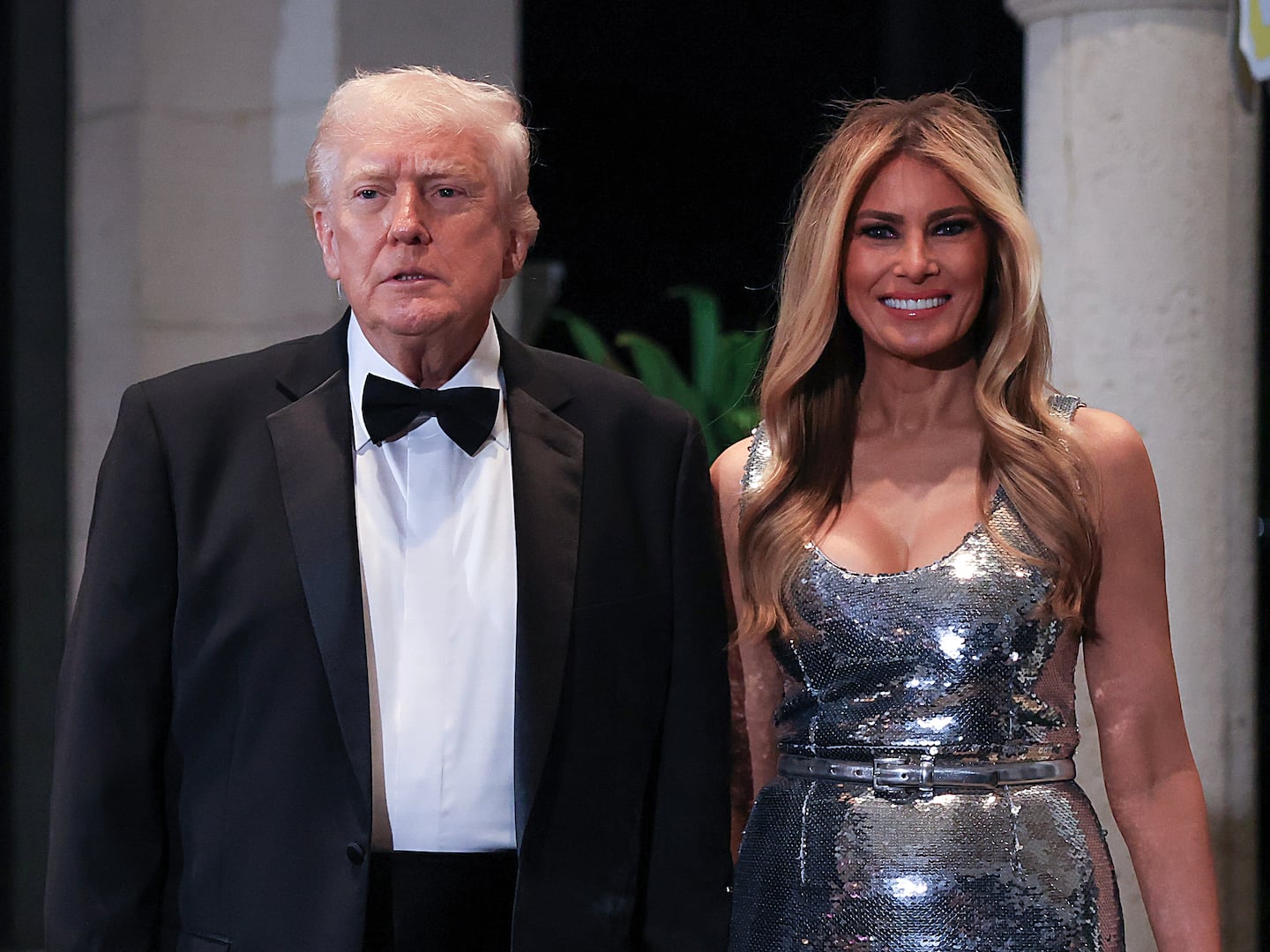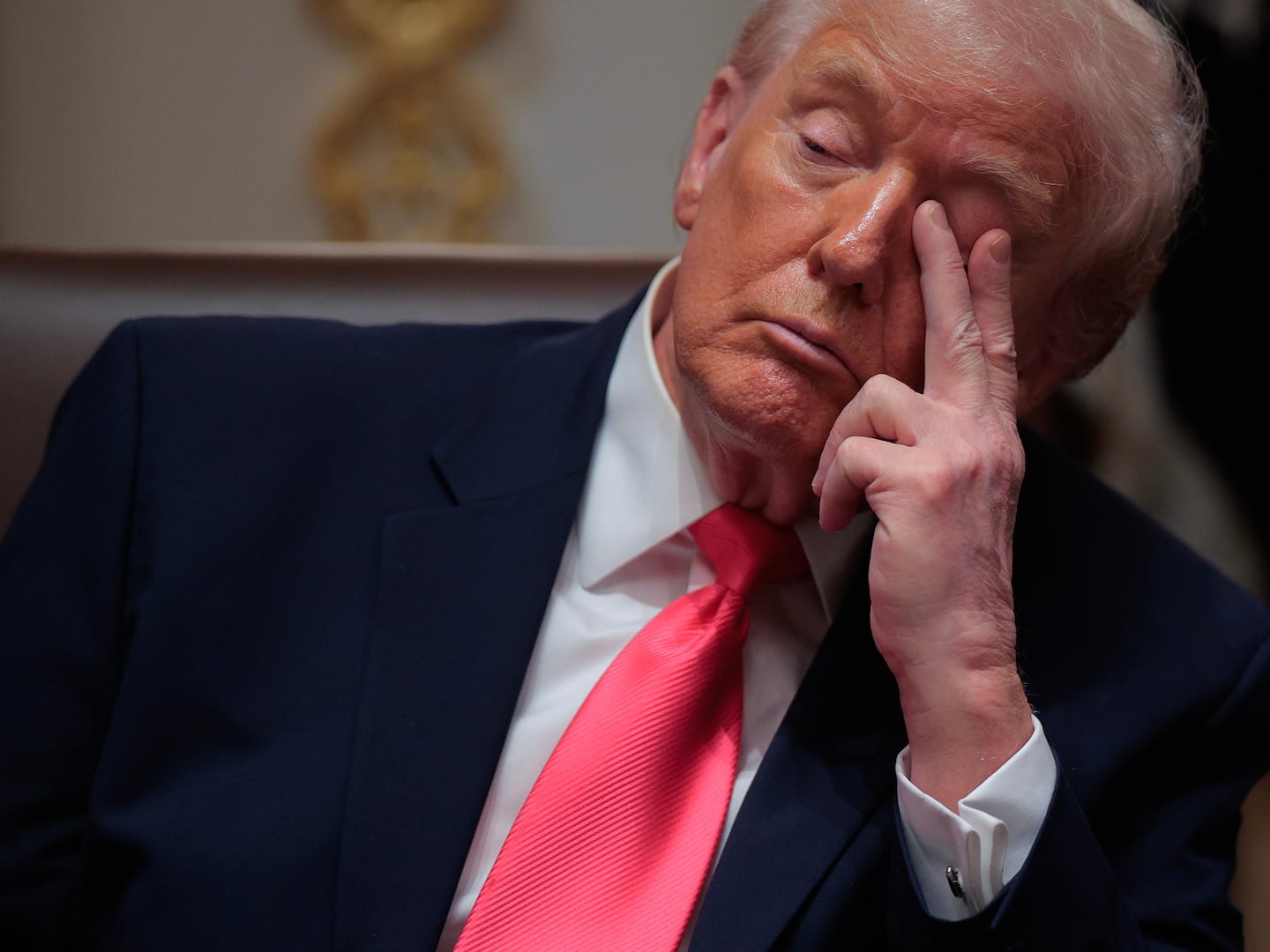The government’s decision to try Dzhokhar Tsarnaev in civilian courts has been met by vociferous criticism. Obama’s move was itself in response to calls by Sens. John McCain, Lindsey Graham, and others to label Tsarnaev an “enemy combatant.” That designation might justify continued interrogation of Tsarnaev, which is otherwise much more limited under ordinary rules of criminal procedure.

Was the administration right not to deem Tsarnaev an enemy combatant?
Perhaps the biggest hurdle to characterizing Tsarnaev in this way is that the evidence available to the public so far doesn’t support it legally. Radio talk show hosts can throw around any words or labels they like, but for the president, who is charged with ensuring that the law be faithfully executed, “enemy combatant” has a defined legal meaning. Under the Authorization of the Use of Military Force law enacted after 9/11 and the National Defense Authorization Act of 2012, only someone who is “part of” or “substantially supporting” Al Qaeda, the Taliban, or affiliated groups can be legally designated an “enemy combatant.”
Note that the law doesn’t characterize every terrorist an enemy combatant, only those who are involved with specific, identifiable enemies: Al Qaeda and the Taliban. Someone who commits an act of terror on behalf of any other group or movement cannot be designated an enemy combatant. It doesn’t matter if that other group is made up of leftist revolutionaries or radical jihadists, the law only permits the enemy combatant designation for Al Qaeda, the Taliban, and their minions.
As of today, there is no publicly available information to suggest that one or either of the Tsarnaevs were trained by Al Qaeda or the Taliban, received any material support from Al Qaeda or the Taliban, or in any way associated with those groups. They may have shared with Al Qaeda and the Taliban a hatred of America and a desire to kill our citizens, but that’s not enough under federal law.
There appears to be little doubt that the surviving Tsarnaev brother is a terrorist. Under federal law, anyone who places an explosive device in a public place intending to kill or injure people is committing an act of terror. Yet, he is nonetheless entitled to basic constitutional protections. That’s because of Tsarnaev’s other important status: he’s a citizen. The Supreme Court has clearly held that U.S. citizens are entitled to basic due process protections, like the ability to challenge one’s detention in court, even when captured during active hostilities abroad.
Of course, Tsarnaev wasn’t captured abroad—and that makes denying him his constitutional rights even more challenging. If we allow the government to deem a domestic U.S. citizen a threat and then deny him his constitutional rights, we risk empowering the government to pick anyone off the street and hold them. That’s precisely the worry that motivated the framers of the Constitution to include constitutional protections for a speedy trial by jury, the right to counsel, the right to be free from unreasonable searches and seizures, and the right against compelled self-incrimination.
The administration could do what the Bush Administration did and declare a new, untested legal status and deny Tsarnaev a lawyer and access to the courts. It would take several years before the courts ultimately sorted out whether this is appropriate, and presumably some information might be gained from him about other terrorist activities in the meantime. Yet the results of the Bush approach were less than ideal. Two terrorists, Yasir Hamdi and Jose Padilla, were subject to what the federal courts indicated was unconstitutional treatment, and both received much shorter sentences than these terrorists warranted. Indeed, Hamdi today is living abroad, free of U.S. detention.
Mistakes made by the administration today would make it less likely that Tsarnaev ultimately receives the punishment he deserves. And even if we don’t like it, Tsarnaev also deserves the due process rights the constitution affords all citizens. That doesn’t mean he can’t be treated like a terrorist. It just means that he can’t be treated like an enemy combatant.






